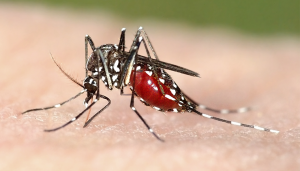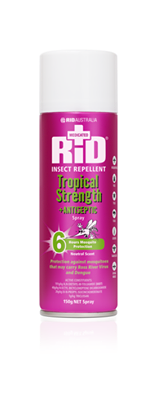Zika Fact Sheet
TNP INFOGRAPHICS: KELVIN CHAN AND HO YAN HAO
Where did Zika come from?
The first human case was detected in Nigeria in 1954 and there have been further outbreaks in Africa, South East Asia and the Pacific Islands. Most outbreaks were small and Zika has not previously been considered a major threat to human health.
However, in May 2015 Zika was reported in Brazil and has since spread rapidly. It has since also been reported in: Barbados, Bolivia, Colombia, the Dominican Republic, Ecuador, El Salvador, French Guiana, Guatemala, Guadeloupe, Guyana, Haiti, Honduras, Martinique, Mexico, Panama, Paraguay, Puerto Rico, Saint Martin, Suriname and Venezuela.
How is it spread?
It is spread by Aedes mosquitoes. They are found throughout the Americas. If they drink the blood of an infected person they can then infect the subsequent people they bite.
How dangerous is it?
The symptoms of Zika are similar to those of dengue and chikungunya, diseases spread through the same mosquitoes that transmit Zika. Deaths are rare and only one in five people infected is thought to develop symptoms.
These include:
- mild fever;
- conjunctivitis (red, sore eyes);
- headaches;
- joint pain;
- a rash.
If you have recently travelled, it’s worth visiting IMC to discuss when and where you travelled. Your doctor may order blood tests to look for Zika or other similar viruses like dengue or chikungunya.
There is no vaccine or drug treatment for Zika. Patients are advised to rest and drink plenty of fluids.
What can I do to avoid Zika?
As there is no treatment, the only option is to reduce the risk of being bitten by mosquitoes.
Health officials advise people to:
- use insect repellents;
- cover up with long-sleeved clothes;
- keep windows and doors closed.
The CDC in the USA has advised pregnant women not to travel to areas affected by the Zika virus. To find out, more head to the CDC fact page:
http://www.cdc.gov/zika/index.html
Zika and Pregnancy
Can mothers pass Zika on to their babies during pregnancy?
Zika virus can be passed from a mother to her baby during pregnancy.
What should a pregnant woman do if she has previously travelled to a place with a Zika outbreak?
Pregnant women who have recently travelled to an area with Zika should talk to a healthcare provider about their travel even if they don’t feel sick. CDC recommends that all pregnant women who have travelled to an area with Zika talk to their doctors. It is especially important that pregnant women see a doctor if they develop a fever, rash, joint pain, or red eyes during their trip or within 2 weeks after traveling to a country where Zika has been reported.
Does Zika in pregnant women cause birth defects?
Brazil has been having a significant outbreak of Zika virus since May 2015. Officials in Brazil have also noted an increase in the number of babies with congenital microcephaly (a birth defect in which the size of a baby’s head is smaller than expected for age and sex) during that time. Congenital microcephaly is often a sign of the brain not developing normally during pregnancy. Health authorities in Brazil, with assistance from the Pan American Health Organization, CDC, and other agencies, have been investigating the possible association between Zika virus infection and microcephaly.
Because of the possible association between Zika infection and microcephaly, pregnant women should take steps to prevent mosquito bites.
Source: CDC.gov
Protection
IMC stocks the RID insect repellent range in all our clinics. RID contains the correct dosage of DEET to help protect you from mosquitoes that carry diseases such as Zika, Dengue Fever, and Malaria.
Independent laboratory tests prove Tropical Strength RID Repellent provides heavy duty protection against mosquitoes for 6 hours. It is available in 100ml pump spray or roll-on.
Kids RID Repellent contains fewer chemicals, is alcohol free, has a mild fragrance and is medicated for extra protection. The light milk formula is skin friendly while the roll-on applicator is simple to use. This is available in 60ml roll-on.
Drop in to one of our clinic to get your supply. Our list of addresses is here.


































